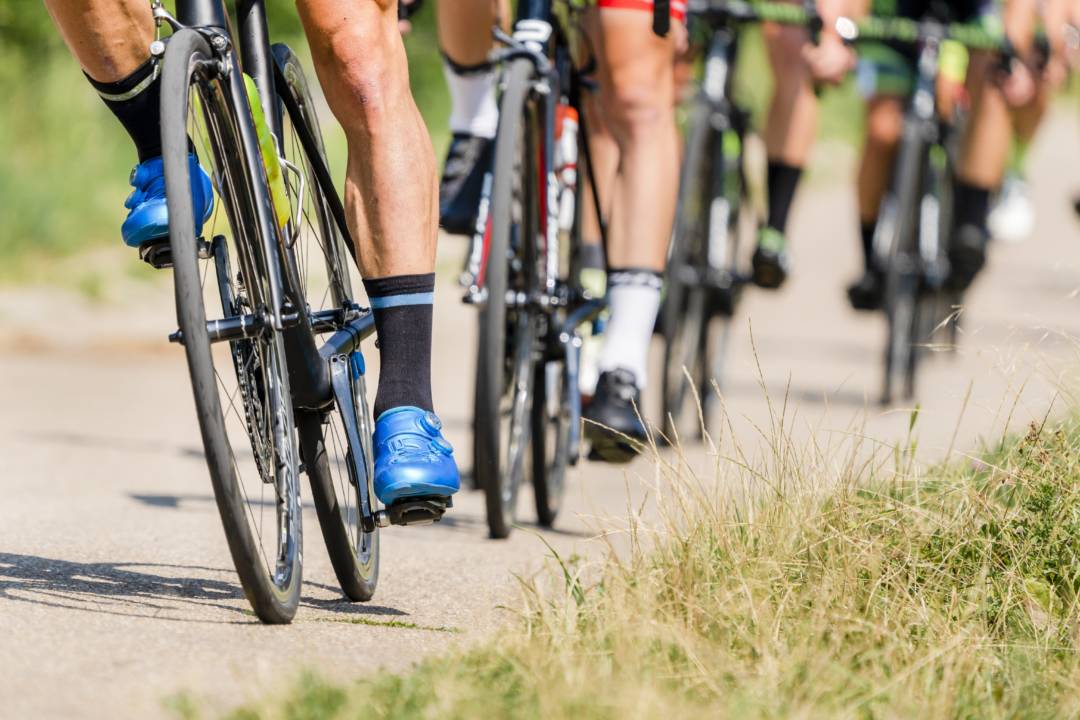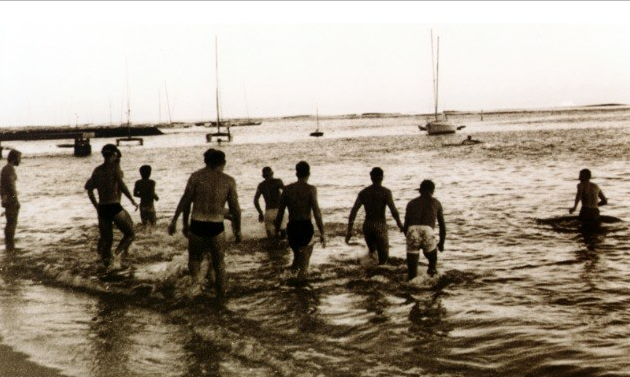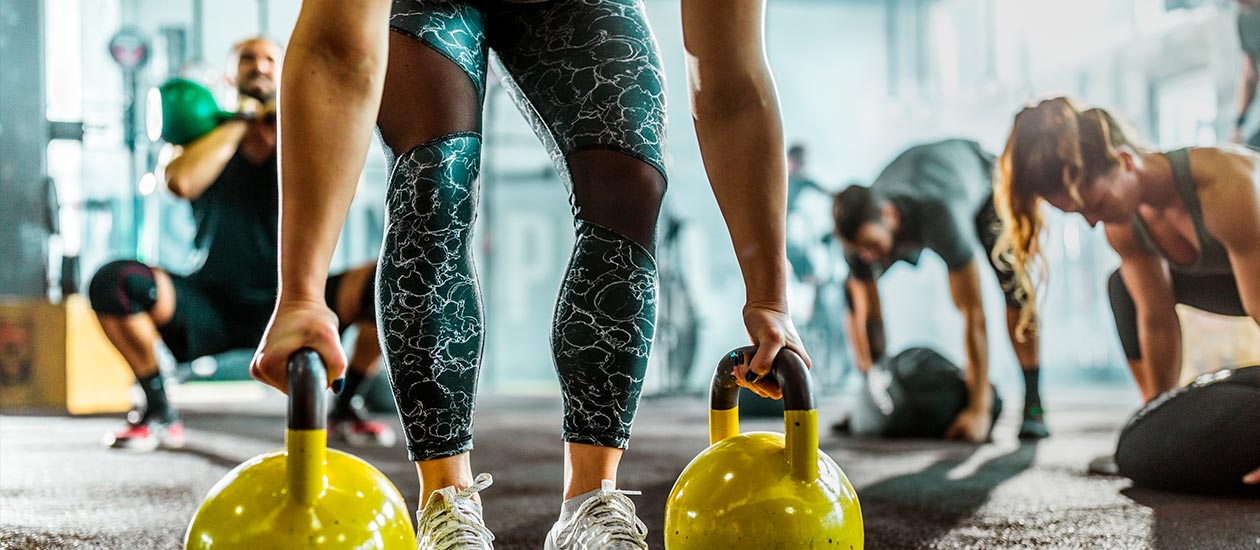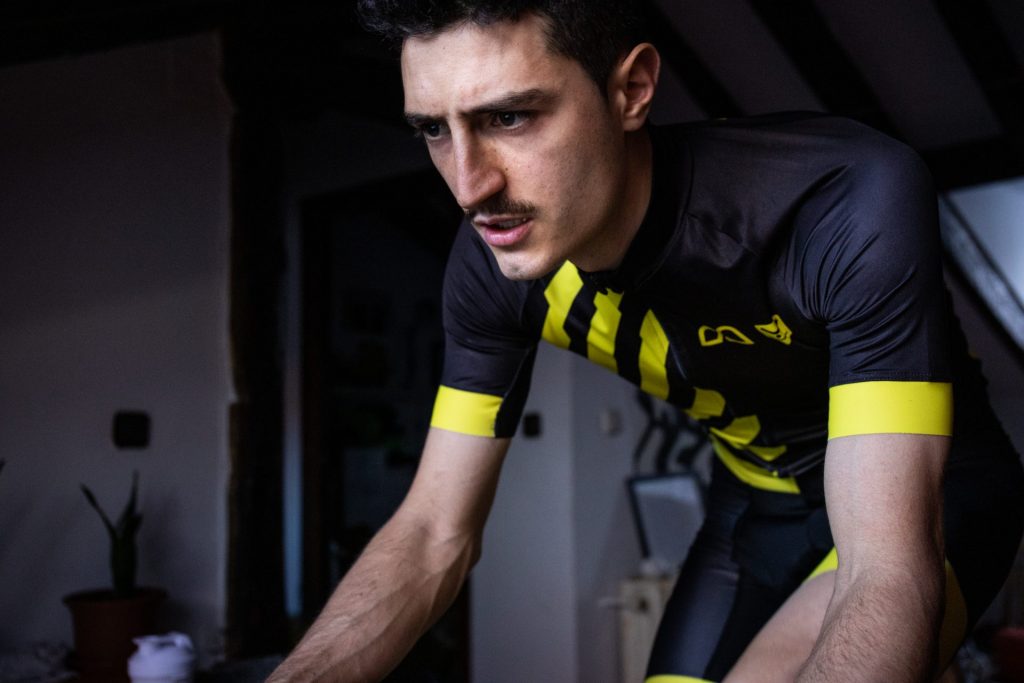Triathlon is more than a sport; it’s a test of endurance, determination, and mental strength. Made up of swimming, cycling, and running, it demands not only excellent physical condition but also meticulous preparation and a well-thought-out strategy.
All nutrition experts and sports enthusiasts agree on several key points to consider in order to perform at your best and finish each race with immense satisfaction.
Physical training is the basis of all
At the heart of triathlon lies endurance. Each discipline requires a different kind of effort. For example, in swimming, aerobic endurance and lung capacity are essential, while in cycling and running, the cardiovascular system and the legs take centre stage.
Muscle strength is crucial, not only for enhancing speed and power but also for injury prevention. Moreover, flexibility, often underestimated, can boost efficiency and prevent common ailments in triathletes, such as tendon and ligament issues.
Nutrition: a crucial aspect for performance
- Pre-training and pre-race meals: The food you consume before a workout or race can make a huge difference. Complex carbohydrates, like oats or whole grain pasta, can provide prolonged energy release. However, avoid heavy or greasy meals before racing; they can cause indigestion or fatigue.
- Hydration and electrolyte replenishment: Dehydration is one of a triathlete’s worst enemies. Ensure you drink enough water and consider sports drinks with electrolytes, especially in longer races or in warm climates.
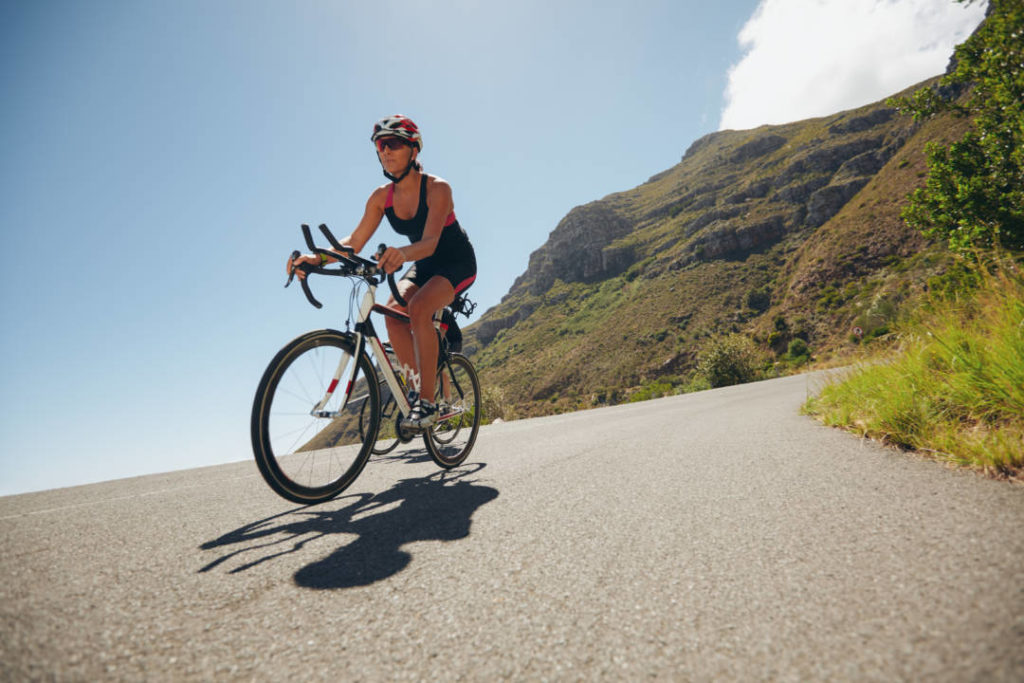
Technique is essential to complete the races
- Swimming, efficiency and water posture: Swimming technique is vital. Proper water posture reduces drag and boosts speed. Additionally, well-synchronised breathing enhances efficiency and reduces fatigue.
- Cycling, aerodynamics and cadence: This is where tools like BKOOL cycling simulators come into play. These technologies allow you to train under specific conditions and improve your pedalling technique. Maintaining the right cadence and an aerodynamic posture is crucial for conserving energy and maximising speed.
- Running, pace and movement economy: In the running stage, maintaining a steady pace and proper technique is key. Every step matters, and an efficient stride can make all the difference in the final kilometres.
Take your time choosing the equipment
- Bike choice and adjustments: The right bike can significantly impact the cycling segment of the triathlon. It’s crucial to ensure it’s correctly fitted to your body to prevent injuries and ensure maximum efficiency.
- Appropriate clothing and footwear: The right suit and shoes not only make you feel comfortable but also aid in aerodynamics and, in the case of shoes, energy transfer while pedalling or running.
- Gadgets and monitoring tools: Sports watches, heart rate monitors, and power meters are valuable tools. They help you maintain the right pace and understand your performance in real-time.
Race planning and strategy
- Circuit evaluation and environmental conditions: Study the course before the race. Knowing where the inclines, descents, or hydration points are is essential to gain those vital seconds at the end of a race. Additionally, consider the weather; it can influence hydration and clothing choice.
- Setting goals and paces: Setting clear and realistic goals gives you something to aim for. Whether it’s to finish the race or achieve a specific time, having a purpose motivates you to push on.
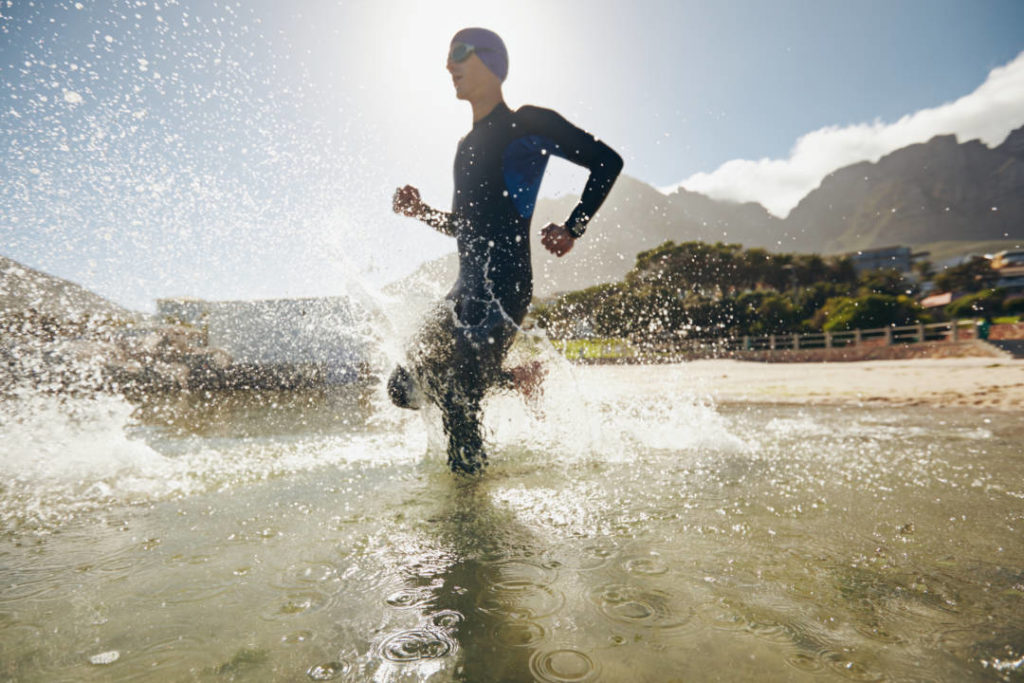
Recovery and injury prevention
- Importance of active and passive rest: After a tough training session or race, your body needs to recover. Active rest, like a light jog or stretching, can help relieve muscle tension. Passive rest, simply relaxing, is essential for full recovery.
- Recovery techniques and physical therapy: Consider techniques like cryotherapy, sports massages, or foam roller usage. These can enhance muscle recovery and decrease the risk of injuries.
The triathlete’s mindset
- Mental strength and stress management: Triathlon doesn’t only challenge the body but also the mind. Keeping a positive attitude, managing stress, and knowing when to push or when to conserve energy are essential skills.
- Goal setting and visualisation: Visualising success, whether it’s crossing the finish line or overcoming a particularly tough segment, can be a powerful tool for the triathlete.
Success in triathlon requires a blend of physical training, proper nutrition, impeccable technique, optimal equipment, and an unwavering mindset. By integrating all these keys, you get closer to your best version as a triathlete.
BKOOL is the most comprehensive cycling simulator on the market. Try it FREE for 30 days!
 Go to BKOOL
Go to BKOOL
